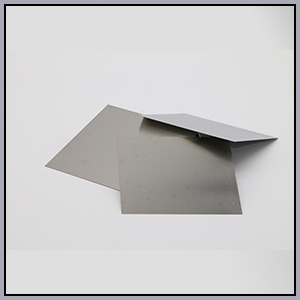
| Parameters | Description |
|---|---|
| Executive standard | ASTM F67, ASTM F136 |
Titanium and titanium alloys have the characteristics of good corrosion resistance, high specific strength, low elastic modulus, fatigue resistance, and good biocompatibility. Titanium has a good affinity with human connective tissue and bone epithelial tissue, and its excellent mechanical properties also reflect its advantages in medical alloys. And it has the characteristics of low density, lightweight, and good corrosion resistance.
Medical titanium alloy is not only non-toxic, light in weight, and high specific strength, but also has excellent biocompatibility and corrosion resistance. It can be used as implants in the human body, etc. It is an ideal medical metal material. The earth’s crust is very rich in reserves and has the potential for further development. It is an ideal and promising biomedical engineering material.
At present, pure titanium (TA1, TA2; TA1 is titanium with pure titanium greater than 99.6%, and pure titanium with a purity of less than 99.6 is TA2) and Ti-6Al-4V, Ti-5Al-2.5Fe, Ti-6Al-7Nb alloys in It is widely used in the medical field, but the new β-type titanium alloy has become a research hotspot of new medical titanium alloys due to its better biocompatibility and mechanical compatibility, and it is the most potential technology in the field of medical implants.
In the future, the production technology of titanium alloys will also develop in the direction of low modulus and high strength. From the perspective of development trends, β-type titanium alloys will become the direction of future development and the “leader” of the medical titanium alloy market.
